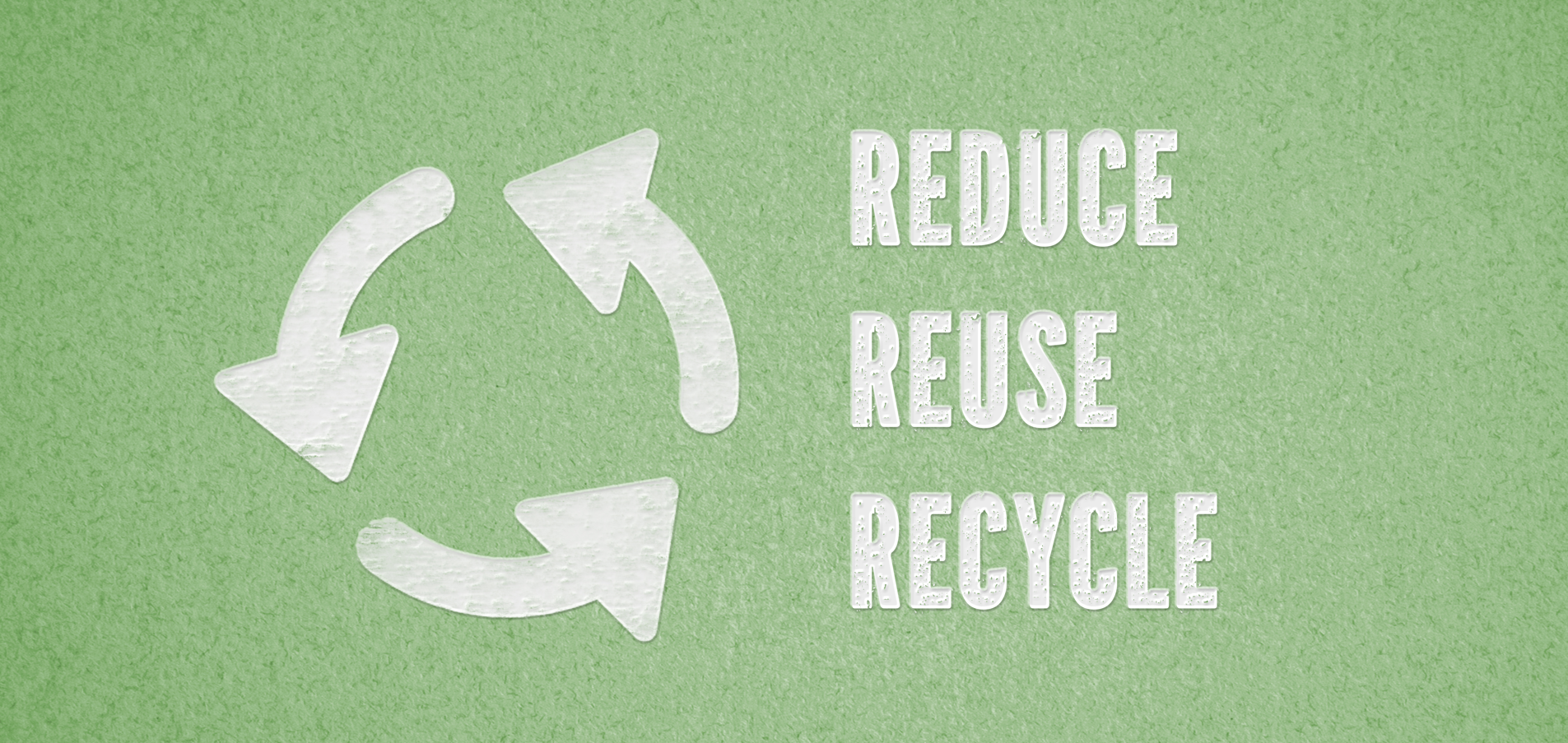What is Life Cycle Assessment (LCA)?
LCA is a systematic method used to assess the potential environmental impacts of a product throughout its life cycle, from the extraction of the necessary raw materials, to its manufacture, right through to the end of the product’s life. It takes into account resources used, greenhouse gas emissions, energy consumption, air and water pollution, and other environmental aspects.
Steps in the life cycle assessment of a plastic product :
- Raw material extraction: The first step in LCA is to assess the environmental impact of extracting the raw materials needed to manufacture the plastic. This may include the extraction of crude oil for petrosourced plastics, or the production of bio-sourced materials for more environmentally-friendly plastics.
- Manufacturing: This stage examines the plastic manufacturing processes, including the transformation of raw materials into polymers and the manufacture of final products. At this stage, the choice of raw material used is crucial to reducing the product’s carbon footprint (e.g. recycled plastic, biopolymer, durability and recyclability, etc.).
Greenhouse gas emissions, energy consumption and waste production are key aspects assessed at this stage.
- Distribution and use: LCA also takes into account the environmental impacts associated with the distribution and use of the plastic product. This includes the transportation of raw materials and finished products, as well as energy consumption and emissions associated with the use of the product by the end consumer.
- End-of-life: Finally, LCA examines the environmental impact of the plastic product’s end-of-life, including waste treatment options such as recycling, biodegradation, incineration and landfill. The effectiveness of these end-of-life processes can have a significant impact on the overall environmental footprint of the plastic product.
Benefits of life cycle assessment :
LCA offers many advantages for companies and consumers concerned about the environment. By identifying the most impactful stages in the life cycle of a plastic product, companies can target their improvement efforts and reduce their environmental footprint (e.g. substituting a material with a more sustainable solution). Similarly, consumers can make informed purchasing decisions by choosing plastic products with a smaller environmental footprint.
Limitations and challenges :
Although LCA is a powerful tool for assessing the environmental impact of plastic products, it also has certain limitations. For example, the accuracy of the data used in LCA can vary depending on the availability of information on manufacturing processes and waste management practices.
Conclusion:
The life cycle assessment of a plastic product is an essential tool for assessing and reducing its environmental impact.
By taking a holistic look at the different stages of its life cycle, from the extraction of materials to the end of the product’s life, companies and consumers can make more sustainable decisions and contribute to preserving the environment.
By integrating LCA into the design, manufacturing and consumption processes of plastic products, we can move towards a future where plastics are used in a responsible and environmentally-friendly way.




Leave a Reply